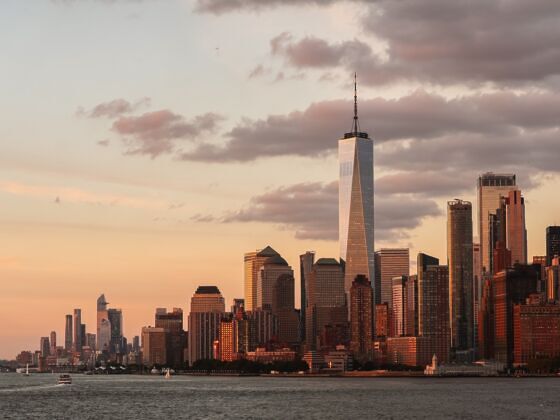The days of staying in an Airbnb in New York City are largely a thing of the past after the de-facto short-term rental ban in September of 2023. While technically still allowed to operate, restrictions like registering stays under 30 days, requiring hosts by physically present during any stay, and limiting to two guests maximum, among others, have effectively cut Airbnb out of the city.


New York City Hotel Prices Are the Highest on Record After Effectively Banning Airbnbs
Even before the restrictive laws went into effect, people in the industry were predicted that hotel room rates would go through the roof due to more demand and fewer rentable rooms. And while the short-term rental changes weren’t the only thing that made prices go up since this time last year (about 11 percent of the hotel rooms were repurposed to house migrants over summer), the rental rules play a part in what are now record high average room rates.
The New York Times found the average hotel room in September 2024 in New York City was $417 per night. That’s the highest monthly rate ever for the city — and that was before the holiday season kicked off.
And although this upward trend didn’t creep up with a discrete shoulder tap — real estate analytics company CoStar called this out in September, flagging that the average price of a hotel room had rocketed to $417 — it means that spending the holidays in one of the cities most known for its December festivities is unfeasible for most and impossible for many. Those who do travel to the Big Apple for the holiday spirit will likely have to look to New Jersey and farther out on Long Island for hotels with more reasonable rates. That said, getting into the city is also expensive, and only getting more so with a new congestion plan that will make the city safer for pedestrians and more manageable in terms of traffic, but also add to the cost of getting there.
The Airbnb ban was brought in to help the short-term rental market open up affordable housing for locals. Other cities — such as Amsterdam, Barcelona, and Seville — have enforced similar measures, but the long-term impact on housing is still being evaluated. I’ve personally flitted from one camp to another. As a local trying to buy a house in Edinburgh, I’m cross-cross-apple-sauce in “Camp Ban All Tourists,” but as a traveler, I still want a cheap stay in El Born in Barcelona. And because we’re still to see if bans and restrictions on vacation rentals will make a difference to locals, I’m sure I’ll keep jumping the fence on the subject.
New York City’s official marketing and tourism organization claims there is no indication that visitor levels are decreasing. The 2025 forecast looks bright, with projections estimating 68 million visitors for 2025 — an increase of three million from last. Whether the accommodations options can keep up, and if there are enough wealthy tourists who can afford the ever-increasing hotel rates to sustain that amount of tourism, is an open question.
There are, however, indications that new properties are at least in the planning stage. Skift reports that as of the end of last year, 44 hotels were under construction. This could eventually add more rooms and balance out rates. However, due to zoning rules and permits, hotel development has been restricted and slow in the city. Hoteliers are dealing with red tape and a terrifying juggling act of balancing building budgets and operation costs.
The increase in rates is simply a case of supply and demand. But sadly, it means that your dream NYC holiday might be out of reach — unless you’re willing and able to fork out outrageous rates for a subpar hotel experience.